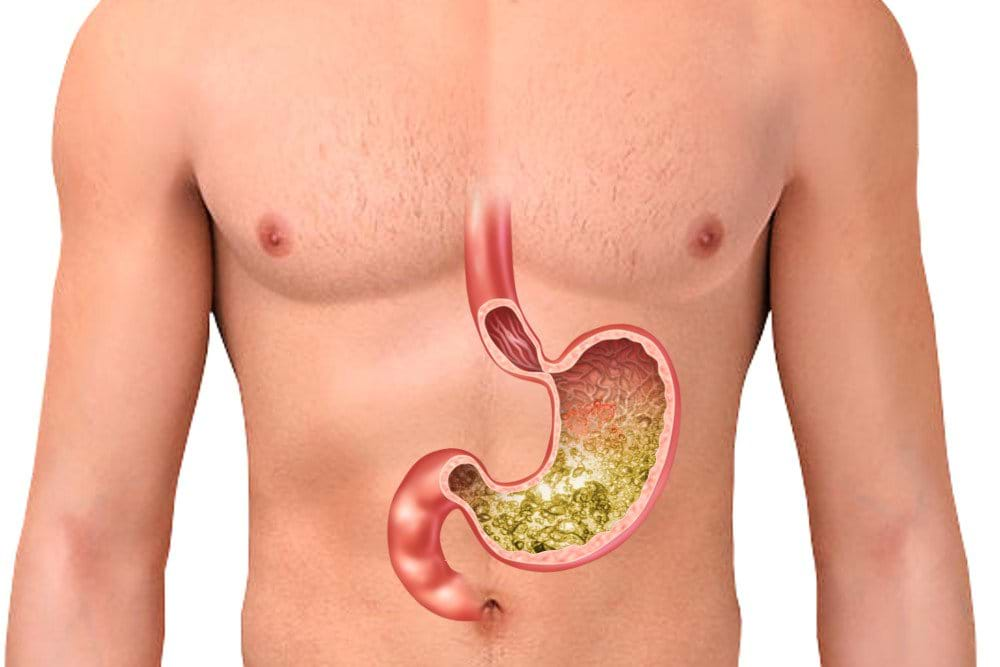
Gastroesophageal Reflux Disease (GERD) is a digestive disorder that occurs when acidic stomach juices, or food and fluids back up from the stomach into the esophagus. GERD affects people of all ages—from infants to older adults.
People with asthma are at higher risk of developing GERD. Asthma flare-ups can cause the lower esophageal sphincter to relax, allowing stomach contents to flow back, or reflux, into the esophagus. Some asthma medications (especially theophylline) may worsen reflux symptoms.
On the other hand, acid reflux can make asthma symptoms worse by irritating the airways and lungs. This, in turn, can lead to progressively more serious asthma. Also, this irritation can trigger allergic reactions and make the airways more sensitive to environmental conditions such as smoke or cold air.

Everyone has experienced gastroesophageal reflux. It happens when you burp, have an acid taste in your mouth or have heartburn. However, if these symptoms interfere with your daily life it is time to see your physician.
Other symptoms that occur less frequently but can indicate that you could have GERD are:
Several tests may be used to diagnose GERD including:
If you have both GERD and asthma, managing your GERD will help control your asthma symptoms.
Studies have shown that people with asthma and GERD saw a decrease in asthma symptoms (and asthma medication use) after treating their reflux disease.
Lifestyle changes to treat GERD include:
Your physician may also recommend medications to treat reflux or relieve symptoms. Over-the-counter antacids and H2 blockers may help decrease the effects of stomach acid. Proton pump inhibitors block acid production and also may be effective.
In severe and medication intolerant cases, surgery may be recommended.
Find out more about Gastroesophageal Reflux Disease.
